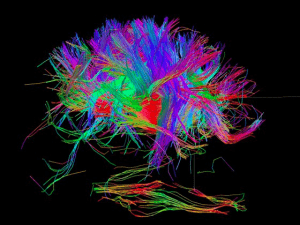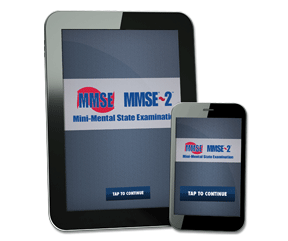Brain Wiring - More Mess Than Manhattan?
http://neuroskeptic.blogspot.com/2012/09/brain-wiring-more-mess-than-manhattan.html
Sent via Flipboard
 | Kevin McGrew (@iqmobile) |
SharpBrains - Attention: Why do SuperAgers Maintain Memory and a Thick Cortex? | SharpBrains bit.ly/SFCJfw | |
 Neuroscience mapping brain connections (Los Angeles Times):
Neuroscience mapping brain connections (Los Angeles Times):
"The Human Connectome Project, a $40-million endeavor funded by the National Institutes of Health, aims to plot these connections — both their structure and their function. "It's basically a Manhattan Project to try to establish the wiring diagram," Koroshetz says…The quest began in the late 1990s, when Mayberg and her colleagues started scanning the brains of people with depression, treating them and scanning them again to look for changes in brain activity. The hope was to pinpoint the neural circuits involved in the disorder, and eventually they hit the bull's-eye: When antidepressants worked, the scans invariably showed a decrease in activity in a section of the prefrontal cortex called Brodmann area 25…"It's not entirely possible to predict exactly where this is all going," says lead author Sean Mackey, chief of Stanford University's Pain Management Division. Brain scanning is expensive. Perhaps researchers can figure out how to provide the same feedback using a less expensive EEG machine, Mackey says. Or perhaps patients could ultimately learn how to control pain without a machine."
–> To Learn More: To Be (Your Connectome), or Not to Be (Your Genome)
 The MMSE®/MMSE®-2™ Cognitive Impairment Screener Goes Mobile in New App (press release):
The MMSE®/MMSE®-2™ Cognitive Impairment Screener Goes Mobile in New App (press release):
"One of the world's most popular and trusted assessments of cognitive impairment is now available as a convenient app for smartphones and tablets. Like the paper-and-pencil version, the app can be used to screen for cognitive impairment, to select patients for clinical trials research in dementia treatment, or to track patients' progress over time."
To Learn More: